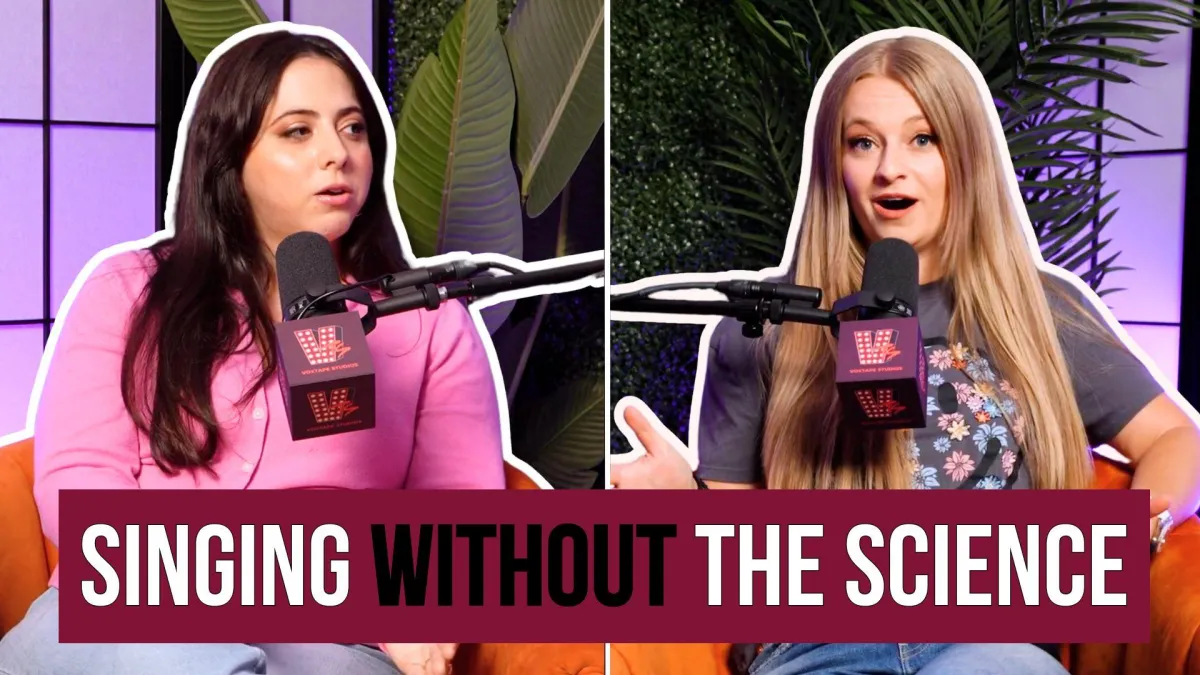The Kind Of Vocal Anatomy That Will Help You Sing (And Teach!) Better
Starting voice training can feel overwhelming, especially when everything’s wrapped in scientific terms no one remembers. Most singers don’t need to memorize words like “thyroarytenoid” or “cricothyroid” to improve their voice. What actually helps? Understanding what your vocal muscles *do* — not what they’re called. I sat down with VTS coach Kate, a vocal anatomy enthusiast and expert, to talk about how to understanding vocal anatomy can help you coach yourself and others much better. If you are a singer, vocal coach, music teacher or director and want to understand how your voice actually works (without going to med school), this is a great place to begin. Of course, it hasn’t always been easy. Even with support, choosing a creative path comes with doubt, fear, and a million unknowns. But when you grow up feeling like the people who know you best believe you’re capable — not just talented, but actually capable — it shapes the way you move through the world. This conversation is a reflection on what that support looked like, how it helped me navigate the messy middle of making music into a career, and why I believe the way we parent creative kids matters more than we think. If you've ever felt torn between your passion and practicality — or if you're a parent wondering how to support your child without pushing — I think you’ll relate.
